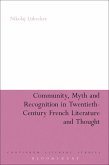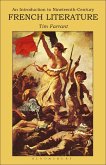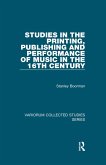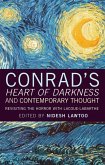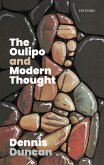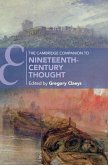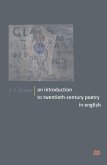The age of Shakespeare, Cervantes, Erasmus, Luther, and Machiavelli produced in France too some of Europe's greatest ever literature and thought: Montaigne's Essays, Rabelais' comic fictions, Ronsard's poetry, Calvin's theology. These and numerous other extraordinary writings emerged from and contributed to cultural upheavals: the movement usually known as the Renaissance, which sought to revive ancient Greek and Roman culture for present-day purposes; religious reform, including the previously unthinkable rejection of Catholicism by many in the Reformation, culminating in decades of civil war in France; the French language's transformation into an instrument for advanced abstract thought.
This book introduces this vibrant literature and thought via an apparent paradox. Most writers were profoundly concerned to improve life in the here-and-now - socially, politically, morally, spiritually. Yet they often tried to do so by making detours, in their writing, to other times and places: antiquity; heaven and hell; the hidden recesses of Nature, the cosmos, or the future; the remote location of an absent loved one; the newly 'discovered' Americas.The point was to show readers that the only way to live in the here-and-now was to connect it to larger realities - cosmic, spiritual, and historical.
This book introduces this vibrant literature and thought via an apparent paradox. Most writers were profoundly concerned to improve life in the here-and-now - socially, politically, morally, spiritually. Yet they often tried to do so by making detours, in their writing, to other times and places: antiquity; heaven and hell; the hidden recesses of Nature, the cosmos, or the future; the remote location of an absent loved one; the newly 'discovered' Americas.The point was to show readers that the only way to live in the here-and-now was to connect it to larger realities - cosmic, spiritual, and historical.



